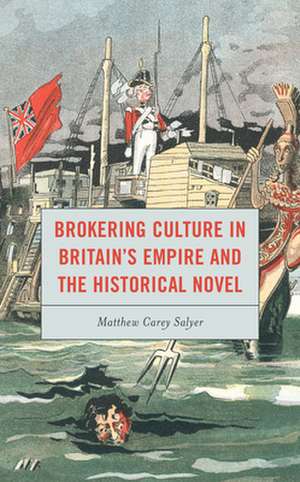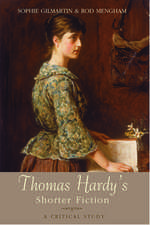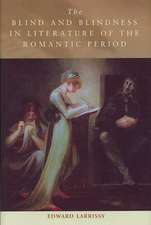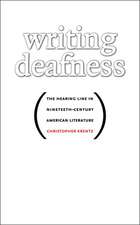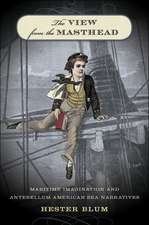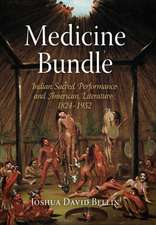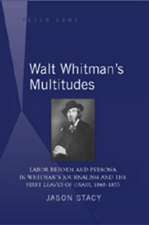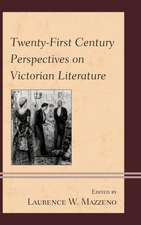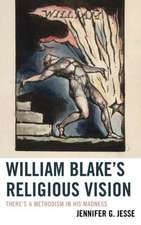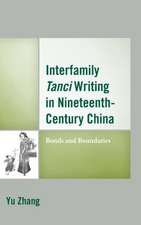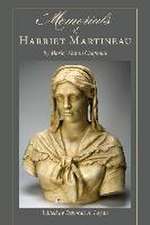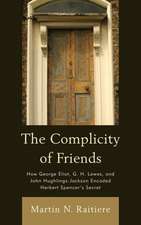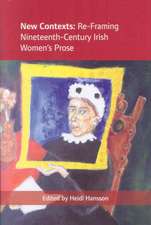BROKERING CULTURE BRITAINS EMPCB
Autor Matthew C. Salyeren Limba Engleză Hardback – 2 aug 2020
Preț: 651.78 lei
Preț vechi: 846.46 lei
-23% Nou
Puncte Express: 978
Preț estimativ în valută:
124.73€ • 129.74$ • 102.97£
124.73€ • 129.74$ • 102.97£
Carte tipărită la comandă
Livrare economică 14-28 aprilie
Preluare comenzi: 021 569.72.76
Specificații
ISBN-13: 9781498562904
ISBN-10: 1498562906
Pagini: 298
Dimensiuni: 152 x 229 x 25 mm
Greutate: 0.52 kg
Editura: Rowman & Littlefield
ISBN-10: 1498562906
Pagini: 298
Dimensiuni: 152 x 229 x 25 mm
Greutate: 0.52 kg
Editura: Rowman & Littlefield
Notă biografică
By Matthew C. Salyer
Descriere
Brokering Culture radically recontextualizes conventional views of the relationship between the British Empire and the emergence of the nineteenth-century historical novel. The author focuses on how literary translations of eighteenth-century experiences of empire established the genre as a site of critique for nationalism and historical progress.
